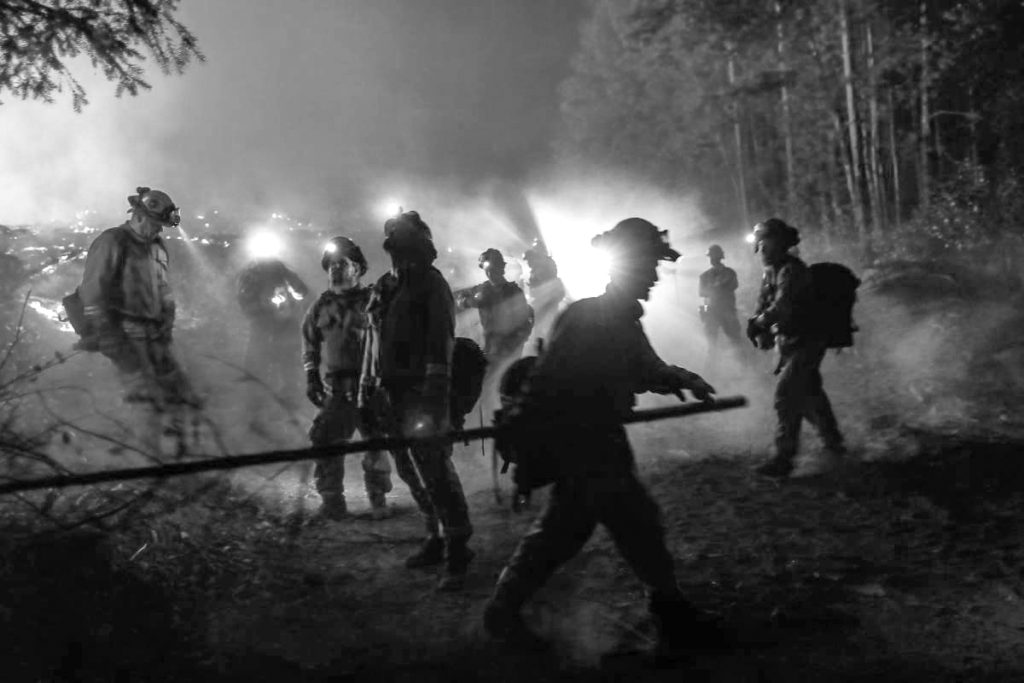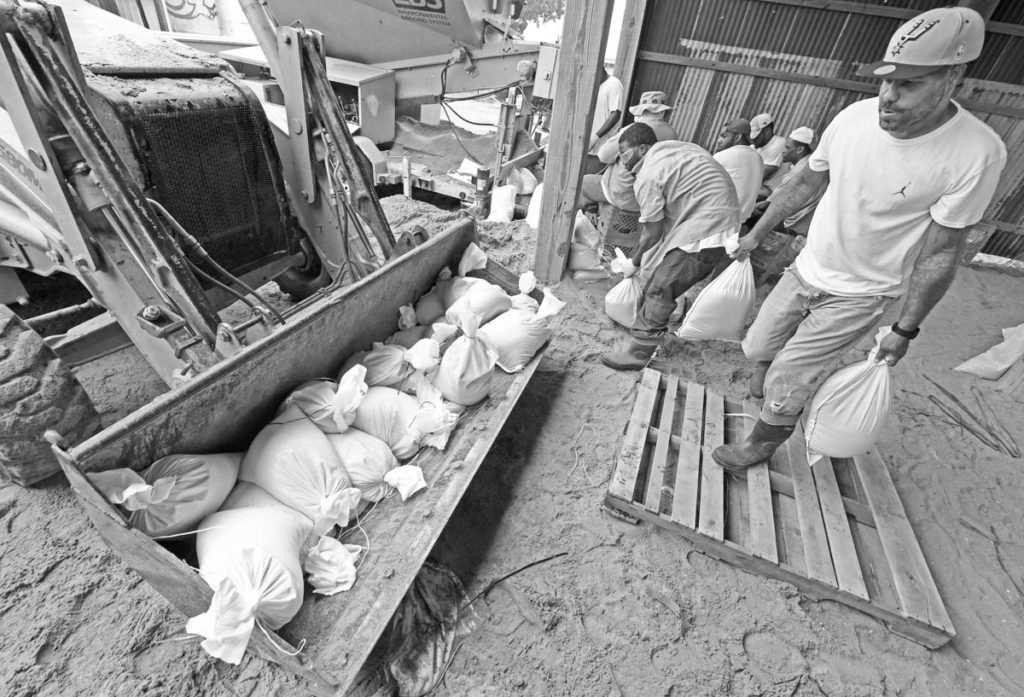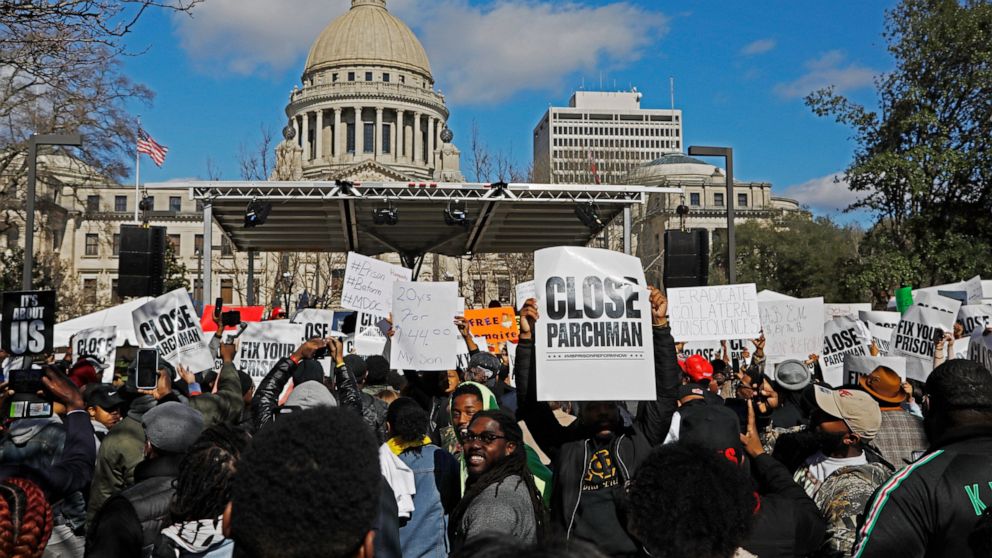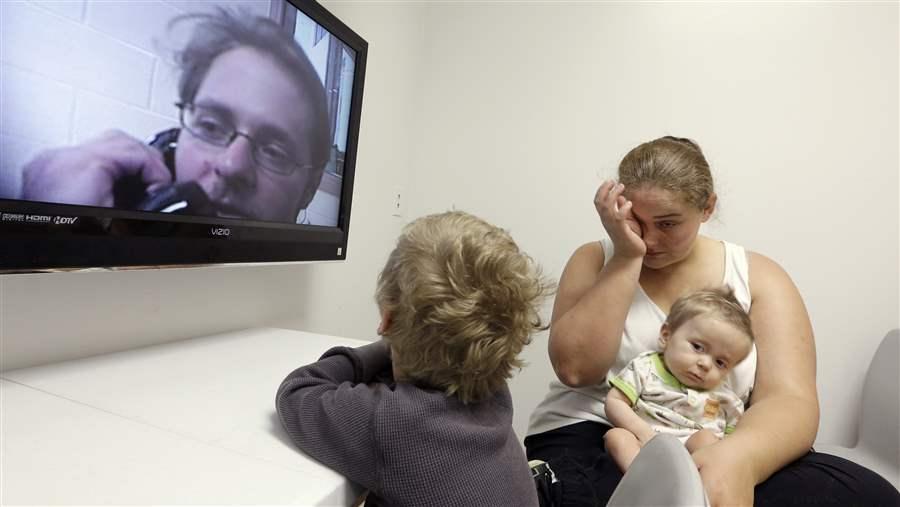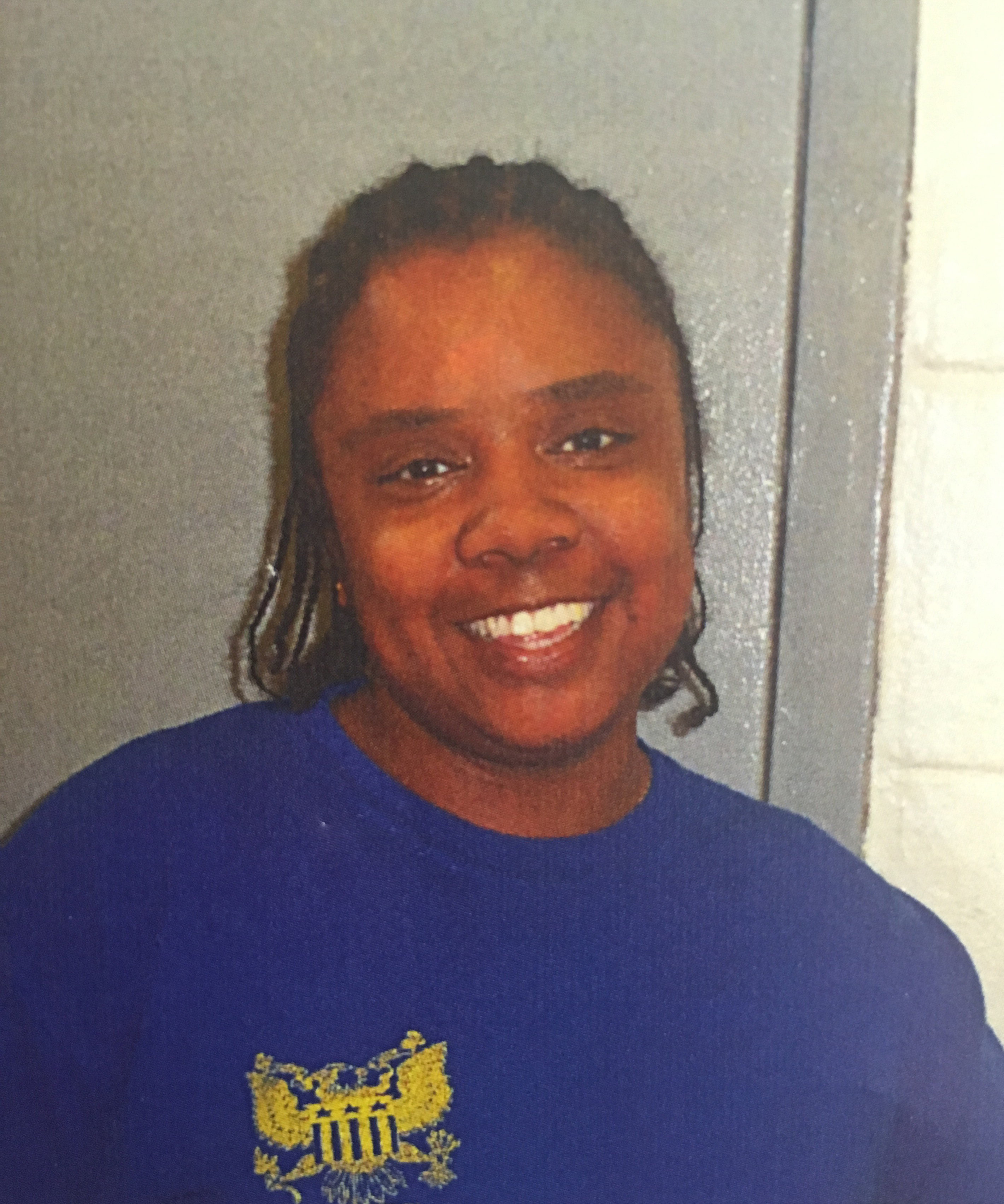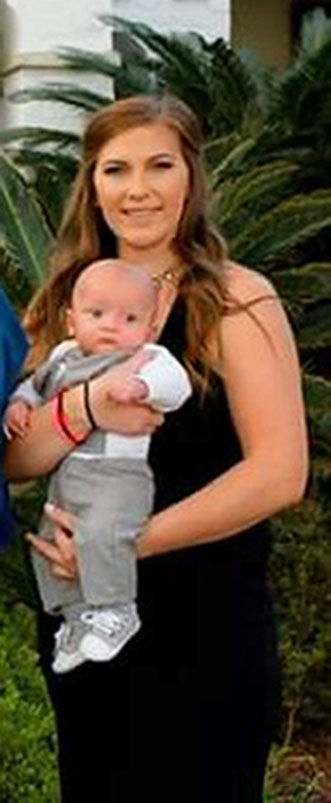Angola Inmate Targeted for Organizing to Contain COVID-19
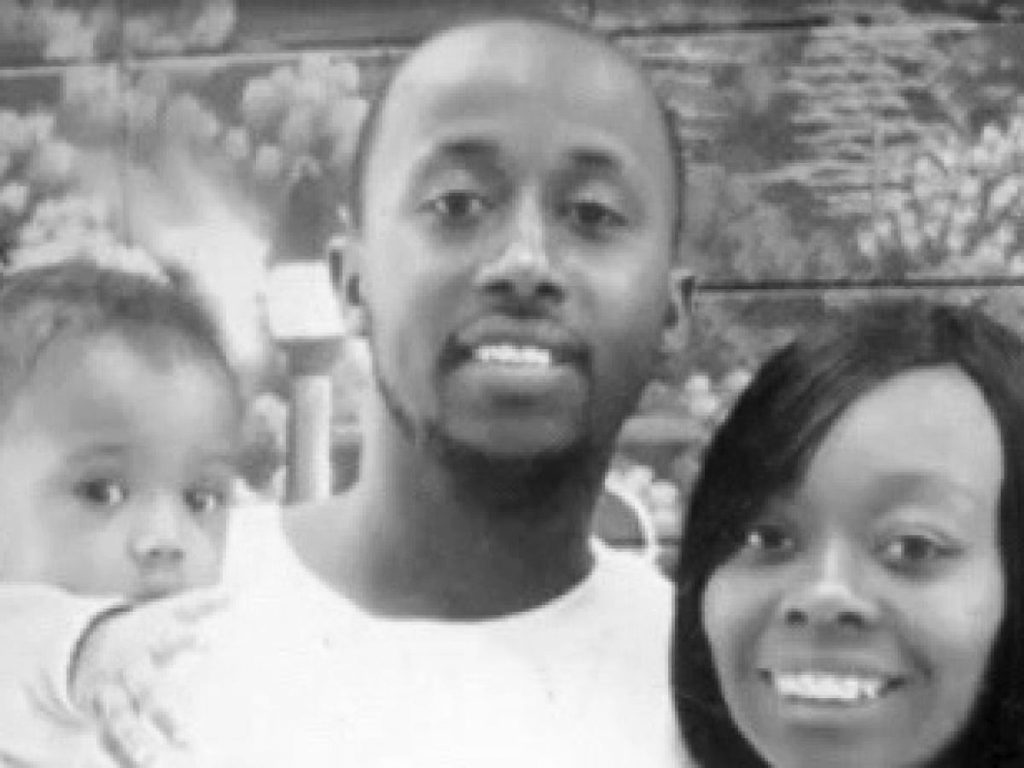
by Z Petrosian
As COVID-19 infected and killed men at Louisiana State Penitentiary in Angola, Quierza Lewis knew he had to do something to protect himself and other inmates. Denied adequate testing, proper medical care, PPE, sanitizer, and unable to physically distance, Lewis and two other inmates began to seek legal advice and discuss the possibility of a peaceful protest aimed at improving living conditions at the prison.
For this organizing, Quierza was charged with the intent to initiate a work stoppage and moved to solitary confinement. In an even more absurd move, Angola officials charged him with bribery, citing a GoFundMe a friend set up to help with his case. Quierza was denied a lawyer to fight these charges.
“I just couldn’t let them railroad Quierza like that,” said Tanisha Lewis, Quierza’s older sister. Taking matters into their own hands, Tanisha was joined by other activists in contacting the prison on Quierza’s behalf: “I let them know that the calling wasn’t going to stop.” As more people called and help publicize the situation, the prison was pressured into dropping the bribery charge, and on September 14, Quierza was sent back to general population after 34 days in solitary.
Pandemic conditions at Angola warrant immediate action
The organizing Quierza and the two other inmates were trying to initiate is desperately needed at Angola where COVID-19 has sickened hundreds and claimed the lives of at least 16 inmates and 3 staff. “They know they are not doing what they need to,” Tanisha remarked. “They hate that the inmates are getting [that information] out.”
Still, as illnesses and deaths mount, the Department of Corrections itself claims they have only tested 1,365 inmates, roughly one quarter Angola’s incarcerated population of around 5,500.
Making matters worse, Angola inmates generally have to pay for their own medical care. Though these fees have been waived during the pandemic, Quierza, who suffers from asthma, has been unable to obtain an inhaler. Frequent punitive chemical sprays in solitary aggravated his condition, and the next call to action is to advocate for Quierza’s access to an inhaler.
“We are fighting for him.”
Tanisha is worried but steadfastly fighting for her brother: “My mom died fighting for her baby. She died fighting for him, and I’ve gotta continue.” That fight began nearly 16 years ago when Quierza, then 25, was convicted of cocaine distribution by a non-unanimous jury relying on testimony that three co-defendants gave in exchange for lighter charges. Quierza was sentenced to life without parole even though no drugs or paraphernalia were found on him or in his home.
Quierza Lewis is one of thousands of incarcerated people who have made efforts to organize behind bars to fight for their lives in the face of the pandemic and the broader system of injustice. When their jailers try to silence their voices, those on the outside must make them heard because none of us is free while our siblings remain in cages. For Quierza and all other non-violent offenders, we demand the state #FreeThemAll!

